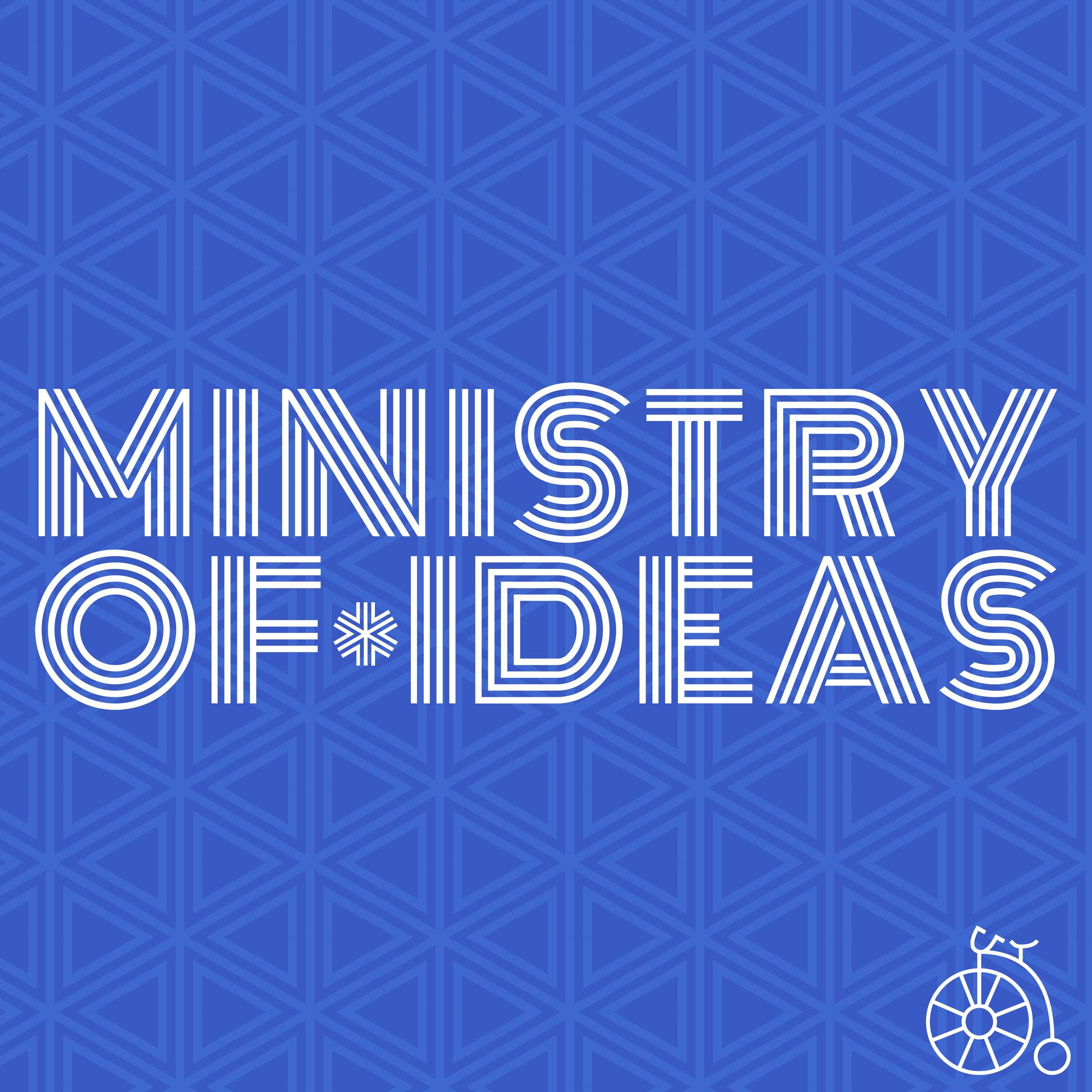Genealogies of Modernity Episode 2: What Is Modernity?
Description
We often think of modernity as a distinct time period in history – one that is said to start at different places, but which always includes us. Yet people have been claiming to be modern since at least the third century BC. Harvard scholar Michael Puett takes us back to ancient China, when a series of emperors laid claim to modernity in order to consolidate their rule. Puett argues that modernity is best understood not as a period on a timeline but as a claim to freedom from the past. By recognizing how “modernity claims” try either to erase the past or to master it for our own uses, we can appreciate what is at stake in our own invocations of “modernity."
Researcher, writer, and episode producer: Ryan McDermott, Associate Professor of English, University of Pittsburgh; Senior Research Fellow, Beatrice Institute
Featured Scholar:
Michael Puett, Professor of Chinese History and Anthropology, Harvard University
Special thanks: Travis DeCook, Rokhaya Dieng, Gina Elia, Thomas A. Lewis
For transcript, teaching aids, and other resources, visit https://genealogiesofmodernity.org/season-ii.
Learn more about your ad choices. Visit megaphone.fm/adchoices
More Episodes
The great English essayist and linguist Samuel Johnson was writing during the Enlightenment – the period some historians identify as the beginning of the modern age. American author and philosopher David Foster Wallace worked more than two centuries later, in the “post-modern” style. But these...
Published 12/20/23
Published 12/20/23
The problem of gun violence is as old as guns themselves. According to historian Priya Satia, America’s present epidemic of gun violence has its roots in the industrial revolution. Satia tells the story of British gun-maker Samuel Galton, Jr., who was called to task by his Quaker community for...
Published 12/13/23


